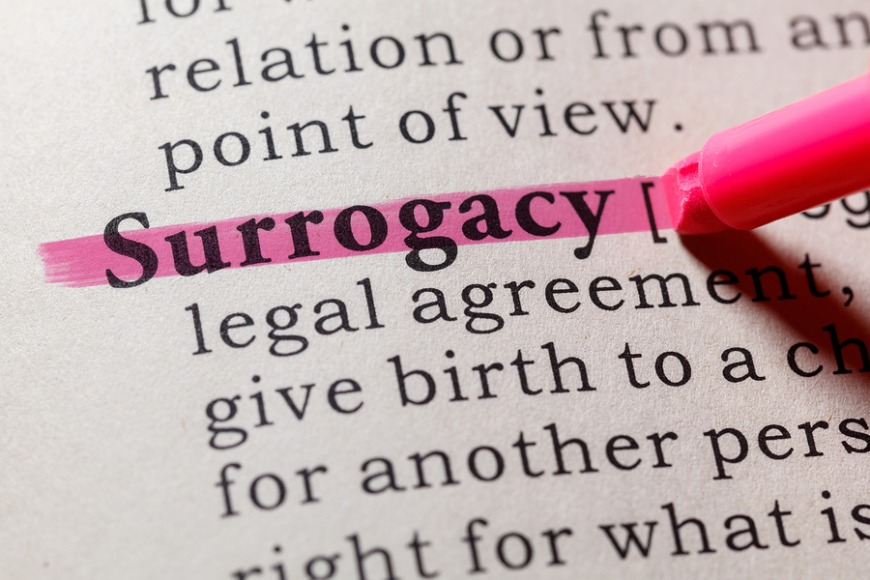Thinking About Surrogacy in Dubai? Here's Everything You Need to Know
Including what the UAE law states
16 April 2019

For couples entering into the surrogacy process, it can seem like a complex system to deal with at an already highly emotional and stressful time in their lives.
The laws in the UAE differ to other countries, such as the UK and US. In the latter, commercial surrogacy - making a profit or a business out of it - is legal, and in the UK there are laws in place to regulate surrogacy and protect both surrogate mothers and the 'intended parents'.
But what about prospective parents living in Dubai and the UAE?
As per family laws in place in the United Arab Emirates, surrogacy agreements do not exist here. In fact, a surrogacy agreement can be treated as a criminal offence in the UAE, and individuals involved will be punished under Federal Law No. 3 of 1987 in Article 356 of the UAE's Penal Code.
SEE ALSO: 7 signs you have infertility related depression
Article 356 of the Penal Code falls under the chapter of Rape and Debasement; this is because surrogacy agreements of any kind may be considered as indecent assault, and the crime of indecent assault with mutual consent is punished by detention for at least one year.
What is surrogacy?
Surrogacy is where a woman becomes pregnant with the intention of handing over the child to someone else after giving birth.
Generally, she carries the baby for a couple or parent who cannot conceive a child themselves - these are known as the 'intended parents'.
There are two forms of surrogacy.
- In traditional surrogacy, the surrogate mother's egg is used, making her the genetic mother.
- In gestational surrogacy, the egg is provided by the intended mother or donor and the egg is fertilised through in vitro fertilisation (IVF) and then placed inside the surrogate mother.

What options do UAE parents have?
If you wish to pursue surrogacy, the advice for expats is to return to or visit a country that allows surrogacy.
In the UK, Ireland, Denmark and Belgium, surrogacy is allowed where the surrogate mother is not paid, or only paid for reasonable expenses. Paying the mother a fee - known as commercial surrogacy, like in the US - is prohibited in these countries.
The other option of commercial surrogacy is legal in some US states, and also countries like India, Russia and Ukraine. Thailand, Georgia and Mexico are also popular countries for seeking a surrogate mother.
How much does it cost for surrogacy in different countries?
Families Through Surrogacy, an international non-profit surrogacy organisation, estimated that the approximate average cost of surrogacy in different countries is as follows:
- US - $100,000
- India - $47,350
- Thailand - $52,000
- Ukraine - $49,950
- Georgia - $49,950
- Mexico - $45,000
Alternatively, there's also adoption - but even UAE law makes this tricky to navigate.
What does the UAE law say about adoption?
Unfortunately, adoption has some grey areas when it comes to its legalities in the UAE. The United Arab Emirates is a Muslim country, and this Islamic law is enforced - and Sharia law prohibits adoption in Islam, as per verse 5 of Surah 33 Al-Ahzab in the Quran.
SEE ALSO: 24 things to do before you become a parent
Due to this principle, UAE nationals and Muslims cannot adopt a child. However, they are able to care for and look after an orphan or abandoned child if they do not give the child their family name - effectively foster parenting.
For expats, adoption is available for resident couples, but only outside the UAE. While adoptions are not conducted in the UAE, adoptions carried out abroad are accepted in the country. Therefore, the adopted children will receive the same rights and protection as biological children.

























.png?itok=SvZPqMHH)




.png?itok=uB2ieOR7)












